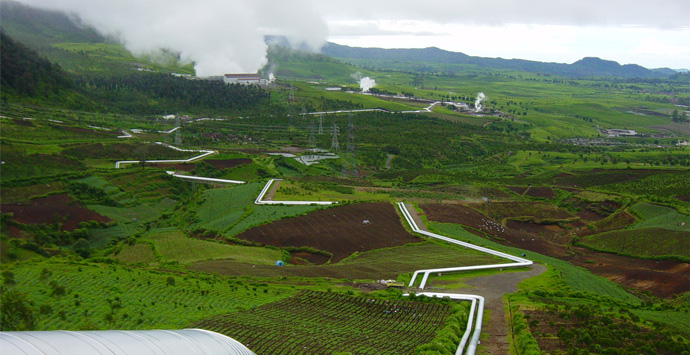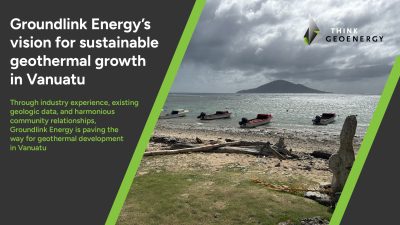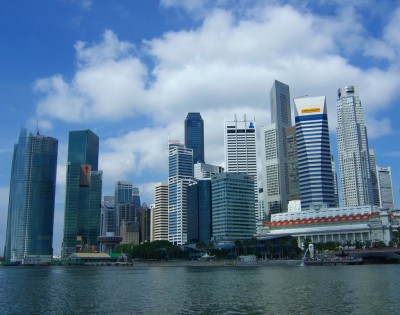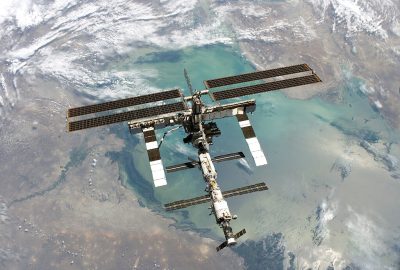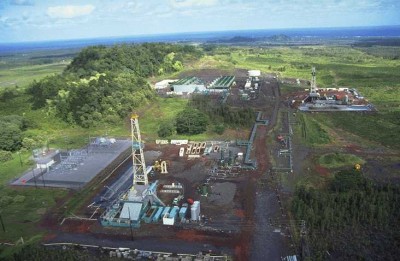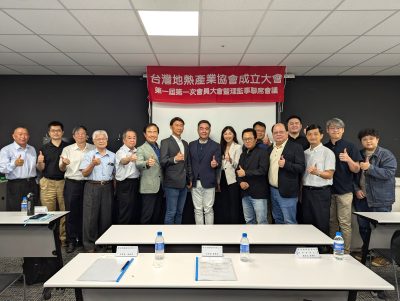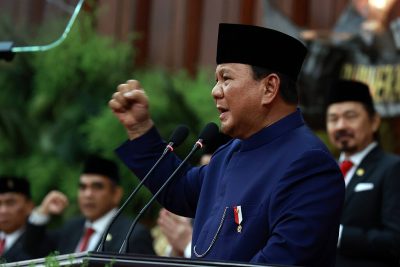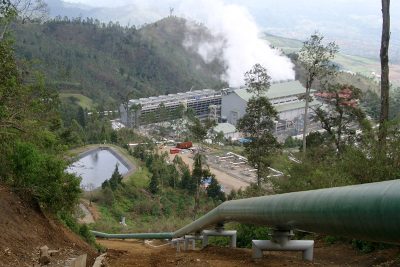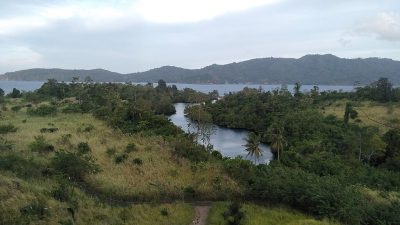Sumitomo Mitsui, World Bank and USAID to advise Indonesia
Sumitomo Mitsui Financial Group Inc. will team up with the World Bank and the U.S. Agency for International Development to advise Indonesia on funding renewable energy projects as the country plans to boost power generation.
Reported from Japan, “Sumitomo Mitsui Financial Group Inc. will team up with the World Bank and the U.S. Agency for International Development to advise Indonesia on funding renewable energy projects as the country plans to boost power generation, three officials from the Japanese lender said.”
This could indeed be interesting news for the ambitious geothermal plans of the country.
“The partners will sign an agreement, to be announced today, to advise local banks including PT Bank Central Asia on mitigating investment risks and getting the projects to qualify for UN-certified carbon credits, said the officials, who declined to be named because the information isn’t public yet.
Indonesia last year announced a plan to spend $17.3 billion to meet power demand by adding 10,000 megawatts of capacity by 2012, with more than half coming from cleaner sources including hydro and geothermal power. Sumitomo Mitsui expects today’s agreement will pave the way for it to secure syndicated loan contracts with Indonesian banks to finance the renewable energy projects, one of the officials said.
Kosei Terami, deputy representative of the Tokyo office of International Finance Corp., the World Bank unit that lends to companies, declined to comment. USAID spokespeople based in Jakarta didn’t respond to a request for comment, and a Sumitomo Mitsui spokesman declined to comment. Raymon Yonarto, corporate secretary at Bank Central Asia, and Jacobus Purwono, the Indonesian energy ministry’s director general for electricity, didn’t answer calls made to their mobile phones on Sunday.
Energy Investments
Investment in the renewable-energy projects may amount to as much as 500 billion yen ($5.6 billion), the three Sumitomo Mitsui officials said.
“Money, human resources and structured-finance know-how are vital,” for Indonesia to carry out its plans, said Kensuke Kanekiyo, managing director of the Institute of Energy Economics Japan, a government research body. “The investment risk of renewable power plants is higher than for plants run on oil and gas that generate electricity more stably.”
Sumitomo Mitsui announced a plan in November to set up a $50 million fund with the Inter-American Development Bank and two other partners to invest in clean-energy projects in Central and South America. The Japanese bank has said it will more than double its environment-business headcount to expand clean-energy project financing and brokerage of carbon- reduction credits.
The lender is betting that efforts by governments worldwide to cap emissions will drive demand for carbon credits. Polluters can offset their carbon emissions by investing in UN-approved emissions-reduction projects in poor countries to earn carbon credits, or CERs.”
